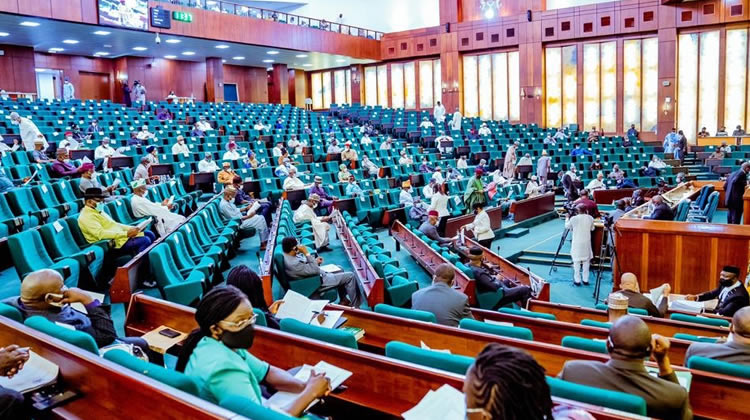The House of Representatives Committee on Nigerian Local Content Development and Monitoring has instructed the Nigerian Content Development Monitoring Board (NCDMB) to furnish relevant documents about its investments and transactions spanning multiple operational years.
Chairing the proceedings in Abuja, Committee Chairman Boma Goodhead voiced concerns about the Board’s investments, alleging a lack of due diligence that could potentially harm the country’s economy.
Goodhead emphasised the committee’s commitment to scrutinising the expenditure of taxpayer funds allocated to the NCDMB, stressing that wastage would not be tolerated at the expense of national economic growth.
The Committee highlighted instances where investments were made in companies with questionable corporate governance practices and inadequate financial compliance. Notably, investments in companies such as Rungas Prime, Rungas Alfa, Eraskon, and Atlantic Refinery were cited as examples of questionable transactions.
Concerns were raised regarding the valuation of shares allotted to NCDMB and the government, suggesting discrepancies in the investment process. Furthermore, the Committee criticised the Board for conducting investments in United States dollars despite the companies operating within Nigeria, contravening the Central Bank of Nigeria’s directives.
The Committee expressed dissatisfaction with the responses provided by the NCDMB’s former Director for Finance, Isaac Yalah, and its current Director of Project Certification and Authorisation, Abayomi Bamidele.
In light of these findings, the Committee demanded that the NCDMB return with comprehensive documentation of all transactions and investments to facilitate further investigations.
The Committee concluded that the transactions appeared fraudulent, as due diligence reports indicated that the recipient companies lacked the necessary legal and financial capacity to benefit from the investments.

